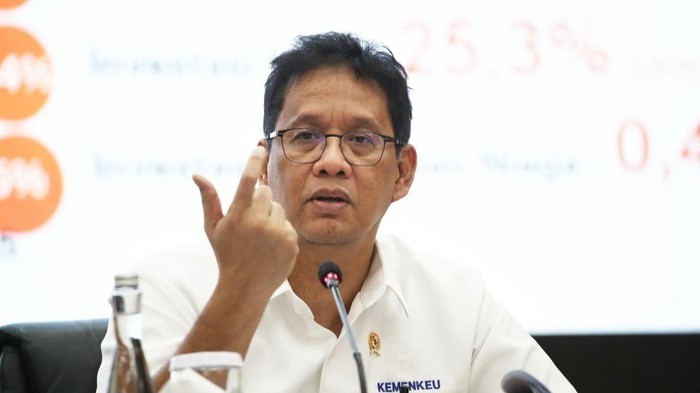It has been fascinating to observe the behaviour of Indonesia’s newly appointed Minister of Finance, who replaces one of the longest-serving cabinet members, Sri Mulyani Indrawati. Every leader has their own style, shaped by the context they engage and the challenges they face. It would therefore be inaccurate to simply compare who is “better” between the two.
Today marks 40 days since Purbaya Yudi Sadewa assumed his role as the nation’s chief financial policymaker. His actions and public demeanour have added a striking new tone to the early months of President Prabowo’s administration. The public has long been accustomed to a financial sector led with prudence, composure, and minimal controversy. What we have witnessed recently is the exact opposite. The public has been served a spectacle of provocative statements, one after another, combined with a confrontational style and a chest-thumping bravado difficult to ignore. Three Javanese words paint a vivid picture of his theatrics: ndongak (head held high with arrogance), cengengesan (smirking dismissively), and slengekan (carelessly irreverent).
The New Idol?
In the online universe, these theatrics have been welcomed with great fanfare complete with a full set of admirations: a “breath of fresh air,” “Gen Z energy,” “bold,” “a breaker of stagnation,” even celebrated as “a defender of the people.” He is greeted enthusiastically wherever he goes, with the public scrambling for selfies and the media giving him nonstop coverage. Social media is flooded with stories about him, surprise inspections, high-level meetings, even mundane moments like stopping by a roadside food stall. A new idol has been born!!
Will he succeed? Will he bring solutions to Indonesia’s financial and economic challenges? It is far too early to conclude. If this were a 90-minute football match, we have barely reached the third minute. He is running all over the field, his jersey still spotless, free of sweat, grass, and mud, yet already shouting, “I’m the best player out here; everyone else is useless; just give me the ball and I’ll score all the goals.” Even the opposing goalkeeper, the referee, and the spectators have become targets of his taunts.
Anyone with a basic understanding of management and leadership should be cautious about what could be called a meteoritic phenomenon, something that rises very quickly but rarely stays in orbit for long and often crashes just as fast. We do not wish such a collapse to happen. However, out of a sense of responsibility, and concern for the Republic, it is worth offering a reminder before things go too far. A few points below may be worth reflecting upon together.
First, the financial sector must continue to be governed with a culture of prudence and measured decision-making. Controversy and frequent statements that are not preceded by a proper policy deliberation process will trigger speculation. The world of finance is highly sensitive to sentiment, often driven by words and gestures of state officials.
Change Leader vs Rock Star
Second, if within just 40 days a leader is busy producing one weighty statement after another, when does he conduct policy deepening, cross-agency coordination, and lead his team to follow through on those statements? Every high-quality policy requires an incubation process. Statements made by a financial sector leader must maintain their authority; they should not fall into the culture of shallow populist gimmicks. The Minister of Finance is not a pop celebrity or a rock star seeking cheers on every stage. He is the nation’s treasurer, a role that demands humility.
Third, a leader’s fundamental duty is to drive institutional development. That includes strengthening systems, governance, human capital, and organizational culture. Driving fundamental changes is not a solo mission, it requires teamwork and cross-sector cooperation. If every day is spent adding new “enemies” in other sectors, what can a Minister of Finance realistically accomplish?
Fourth, top leaders naturally depend on the people around them. Therefore, if one seeks to drive major transformation, the first step is to earn acceptance from the internal environment. Through that, trust is built, and eventually, support follows. If, in public forums, a leader arrogantly humiliates the dignity of their key personnel, who will be willing to support his moves?
Ultimately, just as he has asked many others to learn, I urge Purbaya to revisit the fundamentals of organizational management. If one intends to build a healthy organizational culture, then praise your subordinates in public, but when correcting or reprimanding them, do it in private. Mister Minister, it is time for you to read “Leadership for Dummies”. For the last decade, this country has already been led by misleading populism. As a taxpayer, I refuse to watch the financial sector be dragged into yet another misguided populist experiment.
*) Sudirman Said: A Tax Payer & Co-Founder, Forum Warga Negara.


